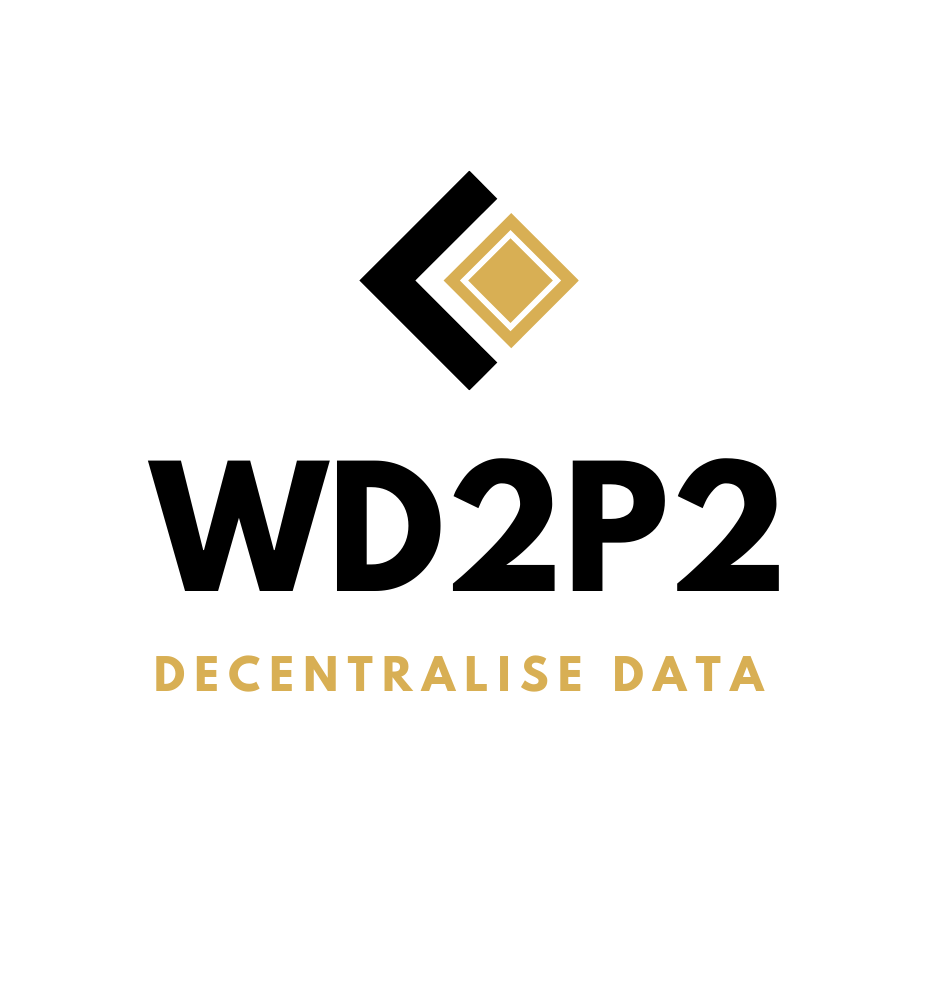Call for Papers
The increased adoption of pervasive computing technologies such as the Internet of Things (IoT) in “smart” environments has resulted in an ever-increasing amount of data. The current data processing and storage models of these data, where much of the controls over them resides with the service providers, exacerbate the issues of privacy and data ownership. Although the service providers’ aptitudes as data custodians have shown to be inadequate through repeated compromised security and privacy breaches, the coercive influence of vendor lock-in allows the current status-quo to continue.
The absence of data residency choice by the user leads to a lack of transparency on the use of user’s data, diminishing the trust in the future development of the digital economy and society at large. Open, decentralised data storage and processing platforms, such as Personal Data Stores (PDS), Decentralised File Storages (DFS) and blockchains, are emerging as an alternative that alleviate the fundamental privacy issues by empowering users to store and control their data in the location of their choosing, establishing data sovereignty. This movement is helped by the next phase of computing platforms referred to as Web 3.0 which is quickly gaining momentum through convergence of enabling technologies, including augmented and virtual reality (AR/VR), 5G connectivity/geolocation, IoT devices, and edge computing.
Particularly, Web 3.0 advocates decentralised “data networks” with edge devices empowered with localised data analytics and Artificial Intelligence (AI) capabilities, leaving the data closer to the users. It is envisaged that in the future, data management platforms will include an increased reliance on personal data storage devices to serve as gateways within a complex global data processing ecosystem. These devices along with decentralisation technologies such as blockchains will play a more active role in data management, without delegating the control to central platforms.
In this workshop, we seek to bring together researchers from both academia and industry to present their latest findings, advancements, and achievements in the field of decentralised data storage and processing platforms as privacy-enabling technology.
General questions and topics for the workshop include, but are not limited to:
- Security, privacy and trust of PDS/DFS at the edge
- Data sovereignty in pervasive computing platforms
- Privacy regulation (e.g., GDPR) and PDS/DFS
- Data marketplaces and service ecosystem with PDS/DFS
- Social network services with PDS/DFS
- PDS/DFS in the Internet of Things (IoT) and Cyber-physical Systems (CPS)
- Linked Data for PDS/DFS
- Provenance of data in decentralisation
- Privacy-aware data processing and storage at the edge
- Secure and private computing platforms
- Decentralised data processing platforms with PDS/DFS
- Decentralised data processing protocols for PDS/DFS applications
- Artificial Intelligence and decentralised data processing
- Data privacy and blockchains
- Integration and orchestration of PDS and other decentralisation technologies
Registration and Proceedings
Please note that each accepted paper requires a full PerCom registration. No registration is available for workshops only. All workshop papers will be published and indexed in the IEEE digital libraries (Xplore).
